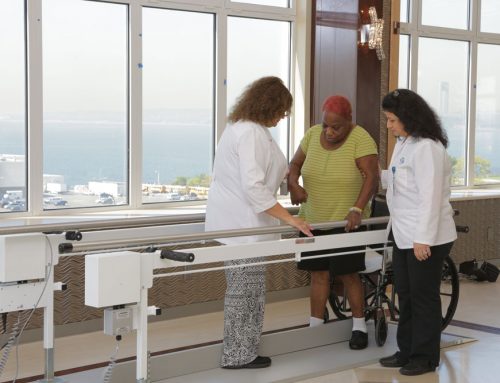It is obvious that managing infections can be really hard, but why and what makes them that difficult? Examples of infections include the common cold, polio, influenza, and of course COVID-19.
It is vital that during these uncertain times, people understand how to manage infections, and the difficulties that arise. It is not a simple process, so let’s see what makes it so complex:
The Spread of Infection is Not Always Obvious
Firstly, infections are not always easy to detect. Viruses and bacteria show no visible signs of transmission. You may, for example, unwittingly have bacteria on your hands and transfer this bacterium to someone else via a simple handshake.
Monitoring the spread of infection is therefore extremely difficult. This difficulty is compounded by factors such as controlling people’s movement, and poor personal hygiene. This is the one of the toughest issues we face when trying to manage infections.

People Don’t Understand the Importance of Personal Hygiene
It is a proven fact that one of the best ways to manage infections and to prevent their spread, is via strong personal hygiene. This includes regularly washing hands, as well as coughing and sneezing into a tissue. In addition. Avoiding touching your face with your hands is also important.
These might seem like extremely basic measures, but a major problem is that many people do not practice them. Raising awareness of good personal hygiene practices is difficult. Moreover, enforcing these practices and ensuring they are adhered to is virtually impossible.
Preventing People’s Movements Makes it Difficult to Manage Infections
Aside from teaching people the importance of personal hygiene, it is also difficult to police movement and social contact. Infection spreads quickly by the movement of people, and social interactions. If people stand near each other, there is a greater risk of transferal.
In a controlled environment like the facilities of Haym Salomon Home for Rehabilitation & Nursing in Brooklyn NY, patients can be isolated, and infection can be effectively controlled.
However, when there is an outbreak of contagious infection in the general public, limiting people’s movements is extremely important.
People with Existing Health Complications Require Extra Care to Manage Infections
Finally, let’s talk about people who already suffer from certain health complications. This adds an extra layer of difficulty in managing their infections. Patients with pre-existing conditions are more susceptible to viruses and bacteria.
For example, someone recovering from a major surgery, or a person who has an organ transplant will have a weakened immune system.
Their ability to manage infection is therefore weak. There is a need for extra care and attention to people who are vulnerable – this ultimately adds extra complexity into infection management. You must look at how to treat the general public, but also how to isolate and protect those who are vulnerable.
At Haym Salomon Home, we know how to care for people with multiple infections. Our state of the art facilities are impeccably clean and we maintain the highest levels of cleanliness and safety.
Furthermore, our staff are professionally trained and understand how to manage infections. In addition to this, we aim to educate our patients and impress to them the importance of personal hygiene to minimize their personal risk once fully rehabilitated.
This content comprises informative and educational resources only and can not be considered as a substitute for professional health or medical guidance. Reliance on any information provided in this article is solely at your own risk. If you have any inquiries or apprehensions about your medical condition or health goals, talk with a licensed physician or healthcare provider.






Leave A Comment